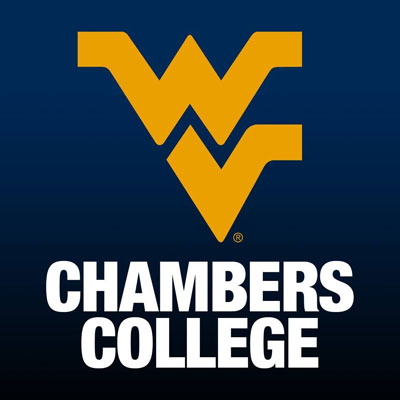A career in the hospitality industry isn't limited to lodging and restaurant space; it includes all aspects of travel and tourism, event management, theme parks, outdoor recreation, gaming and entertainment. Wherever there is customer service, there is a need for hospitality training.
However, hospitality is also subject to myths and misconceptions that might make
you wonder whether studying it is a good choice. Let’s clear some of those
up.
Myth #1: hospitality jobs are underpaid
On the contrary, according to the U.S. Bureau of Labor Statistics (BLS), the average hourly earnings of employees as of June 2023 are at an all-time high with $21.21 in the leisure and hospitality industry and $23 in the lodging industry, a huge leap after the COVID-19 pandemic.
We are seeing a post-pandemic trend where hospitality employers are willing to pay more and are still looking for dependable employees. Based on BLS October 2022 data, over the next decade the leisure and hospitality sector will include seven of the top 20 fastest-growing industries, with new career opportunities and benefits.
Myth #2: hospitality jobs are round-the-clock, and there are no flexible hours or perks
A recent study from the American Hotel and Lodging Associations (AHLA) proves that hospitality businesses have grasped the significance of work-life balance. 90% of lodging companies have reported an increase in wages (7% higher than the national average), greater flexibility, and better benefits.
The hospitality industry is also at the forefront of many consumer-facing innovations. As more hospitality businesses embrace hi-tech applications such as touchless in-room technology, robotics, and artificial intelligence, the future of hospitality jobs is being redefined in this era.
Myth #3: there is little opportunity for growth in the hospitality industry
The United Nations World Tourism Organization (UNWTO), in its 2013 Edition of Tourism Highlights, forecasted 1.8 billion international tourist arrivals in 2030, with 1 billion tourists traveling the world by 2012. After the pandemic, only 960 million tourists traveled in 2022, while U.S. domestic leisure travel showed a strong recovery, with increased demand beyond the pre-pandemic numbers. According to UNWTO and U.S. Travel, domestic business travel and international travel are expected to reach pre-pandemic levels by 2025.
A five-year foundation in the hospitality industry will give you 200+ career opportunities across departments and enterprises globally, with travel perks and employee-rate discounts for work and personal travel. If we reach 1.8 billion international arrivals in this decade, and if U.S. business travel shows a similar pattern to U.S. leisure travel today, we will need more employees in the global hospitality tourism industry to meet the increased demand.
This is a great time to choose a career in the hospitality industry, as you will be able to gain the education and experience to redefine how businesses interact with their customers. If you want to explore your possibilities in the hospitality sector, get in touch with one of our undergraduate recruiters today.
Dr. Ajay "AJ" Aluri
Founding Director of the HIT Lab
Associate Professor of Hospitality and Tourism
"Let's Talk Business" is a series of guest blogs written by members of the Chambers College community. All views expressed in this post are the author's own.
Interested in contributing to Let’s Talk Business? Get in touch here.

